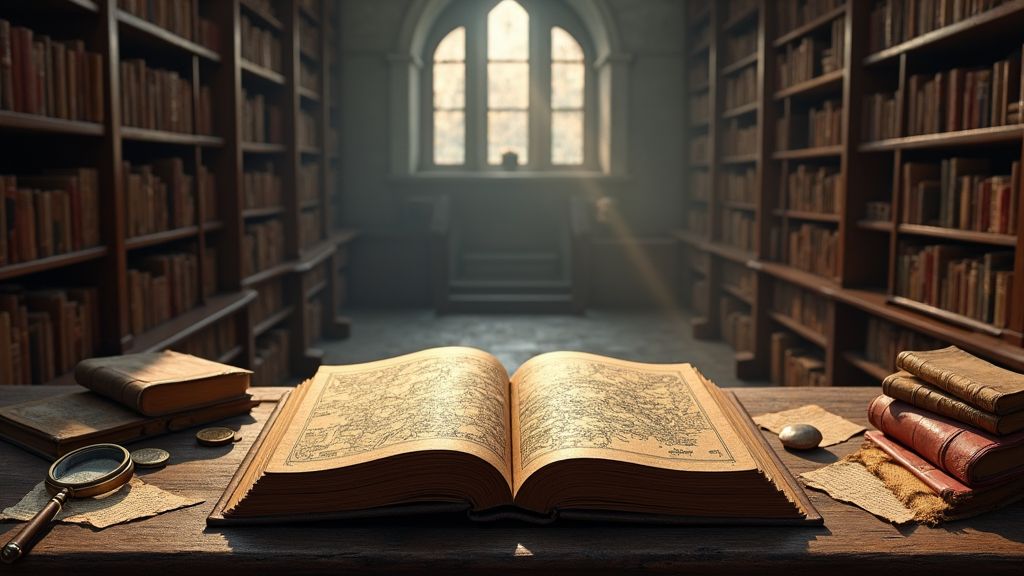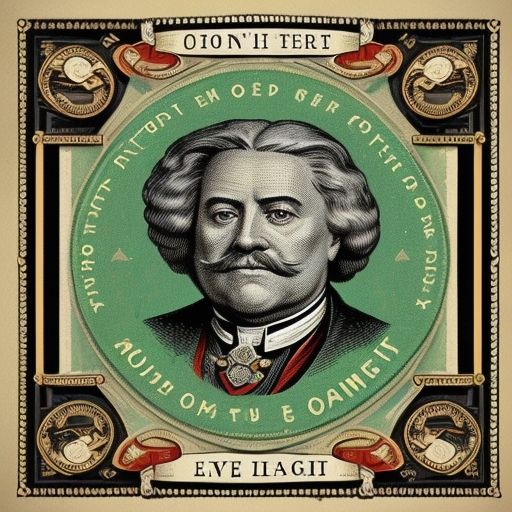Unlocking the Mysteries of the Past: How Little-Known Facts Can Transform Our Understanding of History
Have you ever wondered how a few seemingly insignificant details could completely change the way we view historical events? It’s fascinating to think about how a single piece of new information can shatter conventional wisdom and revolutionize our understanding of the past. In this article, we’ll delve into the power of little-known facts and explore how they can transform our perspective on history.
Revealing Hidden Truths
History is often portrayed as a fixed narrative, with well-established facts and figures that we accept as gospel truth. However, the reality is far more complex. Many historical accounts are based on limited evidence or biased perspectives, leading to gaps and inaccuracies in our understanding of the past. This is where little-known facts come into play, offering fresh insights and challenging long-held beliefs.
Unearthing Surprising Discoveries
One of the most exciting aspects of uncovering little-known facts is the element of surprise. Imagine stumbling upon a forgotten document or artifact that contradicts established historical narratives. Such discoveries can reshape our understanding of key events and personalities, sparking debates among historians and prompting reevaluations of the past.
Case Study: The Rosetta Stone
A classic example of how a little-known fact transformed our understanding of history is the discovery of the Rosetta Stone in 1799. This ancient artifact, inscribed with three versions of a decree issued in 196 BC, played a crucial role in deciphering Egyptian hieroglyphs. Prior to this breakthrough, the meaning of these intricate symbols remained a mystery, hindering efforts to understand ancient Egyptian civilization.
Uncovering Hidden Agendas
In some cases, little-known facts can reveal hidden agendas or suppressed narratives that challenge established historical accounts. By shedding light on overlooked perspectives or marginalized voices, these facts provide a more nuanced and inclusive portrayal of the past. They force us to question conventional wisdom and consider alternative interpretations of historical events.













